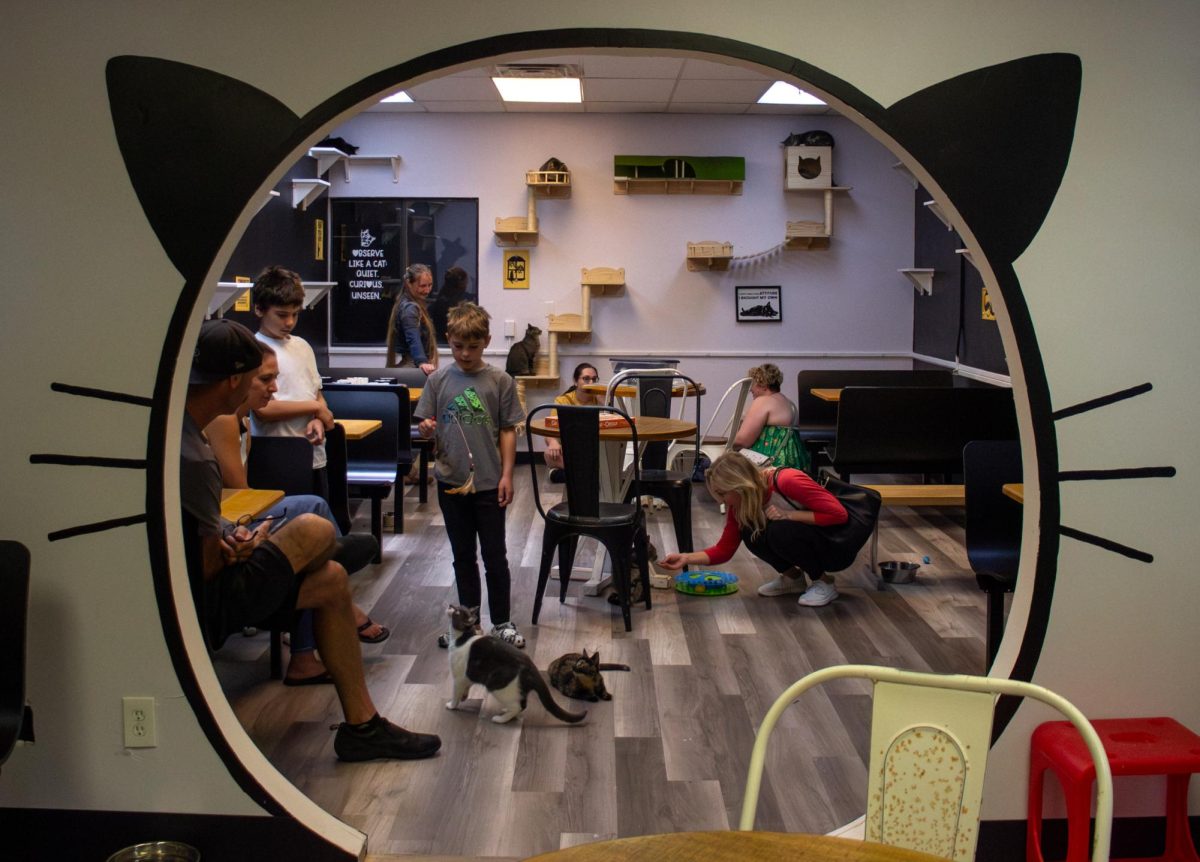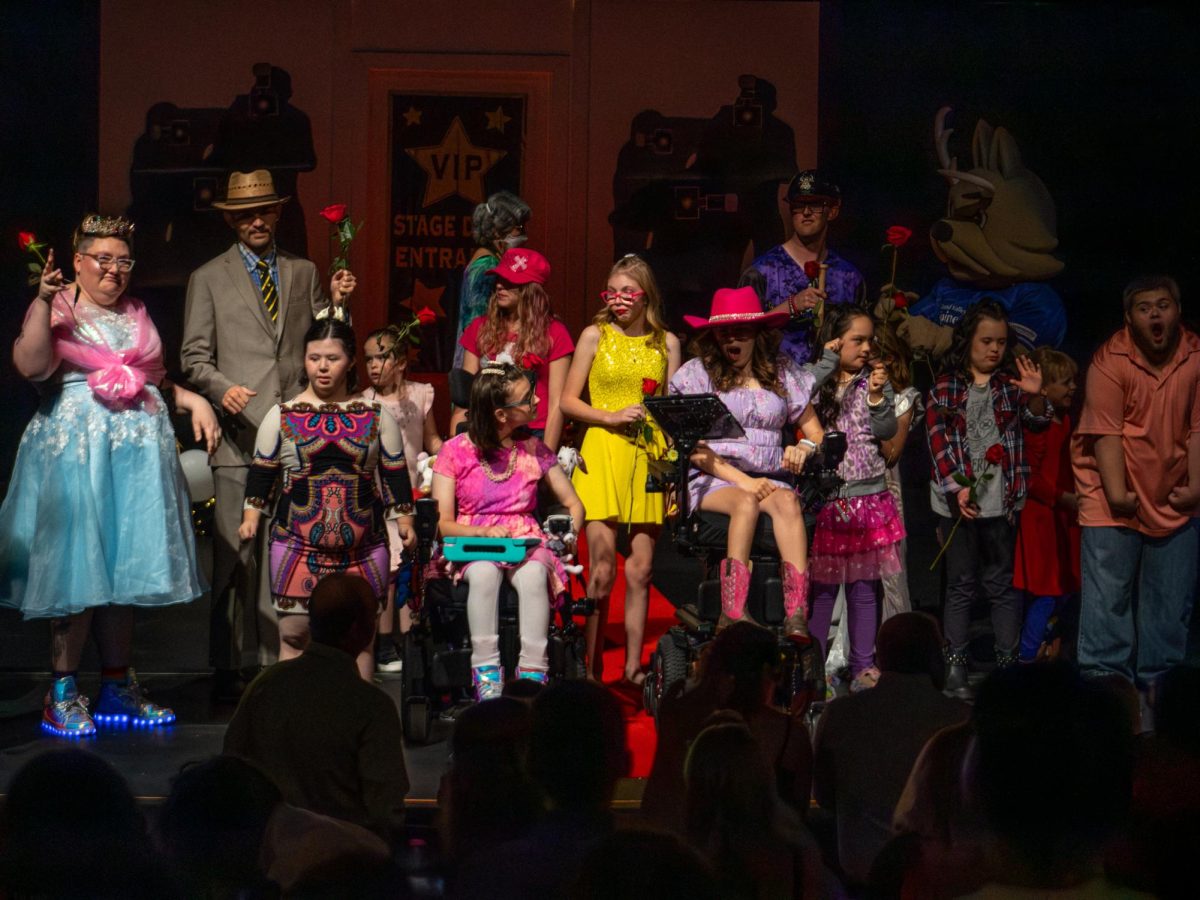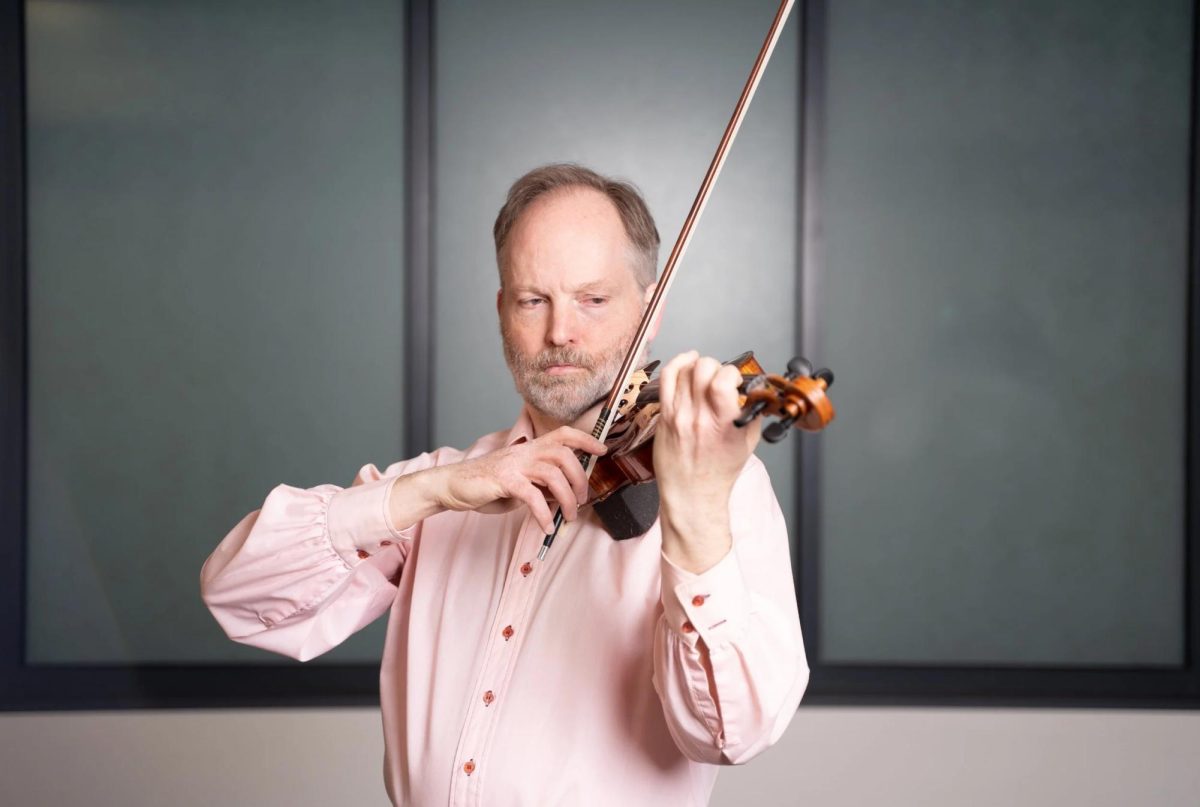“I primarily was a hardcore student,” alumnus of Colorado Mesa University Dr. Phoenix Mourning-Star said. “I didn’t do a whole lot besides studying. It was a lot of work, but it was worth it and I think that’s what drove me to doing the work that I do now.”
Mourning-Star is working with the Marine Corps under the US Department of Defense. He graduated from CMU in 2005 with a BS in Mathematics.
He did not stop at an undergraduate degree from CMU for the next 10 years. Mourning-Star went on to different jobs and continued his education. By 2015, he had obtained a MS in Biostatistics from the University of Vermont, MS from Colorado State University in Environmental and Public Health Epidemiology, a MLS/LLM from the University of Auckland in International Environmental and Human Rights Law, a Master of Arts from George Washington University in International Science and Technology Policy and a Doctorate of Philosophy, Ecology/Chemical-Biological Engineering: post-conflict development, renewable energy, environmental health from CSU.
“I dropped out of high school at 15. I figured I should keep going [with school] until I’m very sick of it because if I stopped I wouldn’t go back,” Mourning-Star explained. “Ed Hermada in the math department gave me a lot of encouragement in applying for grad school. I figured that more school was better. I got a fellowship to study at the University of Vermont and started doing more research.”
From there he learned how to write grants for research he wanted to do and got the rest of his education paid for by grants and fellowships.
“I got to do the research I wanted to do,” Mourning-Star said.
With several different degrees, Mourning-Star believes that all his research and time studying had the same theme that there is not an answer to everything.
He explained how some people assume that in mathematics there is an answer to everything. Yet, Mourning-Star said that there is not always an answer.
“There is a lot of stuff we don’t have answers to in the math world. It’s a lot of choosing the best possibility and being able to justify it.”
This concept of not having any answers has proven valuable as he works with the Operational Testing Agency for the Marine Corps. He began this position in 2016, but began developing a quantitative table-top exercise to assess systems in the acquisitions pipeline for cybersecurity around a year and a half ago. He led the team that developed this and they are the first ones to do something like this.
“Operational testing is the last step for the acquisition process,” Mourning-Star explained. “This included cyber equipment. We have to try and figure out if the system is safe for our troops to use and not have to worry about it being hacked.”
With the development of quantitative cyber table-tops, they are creating a way to grade the systems in a quantitative way.
“We did these table tops to create more of a ‘credit’ like history of what a system could handle instead of having people say it’s ‘pretty good.’ We can get experts in a room of people who are good at hacking, good at defending and users in the room that will have the experience to know what it is like to be hacked. We sat those folks in the room and developed a way to put some numbers to it,” Mourning-Star explained.
He explained that there is no grade for software security on what is the best. He hopes that someday we can get to that.
“I don’t see an end to the kind of work I do, but rather can we all keep up with the bad guys to protect the good guys,” Mourning-Star said. “It’s so interesting how cybersecurity is a growing field and how every day it seems like we are at the cutting edge and then the next day something happens. In a lot of ways, there are no rules. There is a lot of work to be done and its how much we need to do to protect America.”
As Mourning-Star will stay in his current position working for the Operational Testings agency, he has much under his belt that he is proud of. Between research and developing programs, he has traveled the world to help others understand international issues like climate.
“On the research side of things, the coolest thing I’ve done is I worked for the US embassy in New Zealand. There I helped the ambassador and advisors and helped them understand climate issues in the Pacific,” Mourning-Star said. “I got to travel around the country and talk to all these different people about the New Zealand land policies. I got to see some of that play out when Obama went to Copenhagen climate change negotiation.”
He has also developed a program where students from all over the country go to Washington D.C and meet senators, learn the city, network and learn about things like writing grants and applications.
His journey began at CMU, which lead him to several different schools and different research that took him around the world. Now he is working to improve cyber resilience and create a scale to grade those software.








